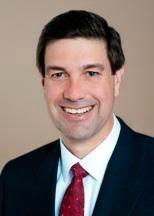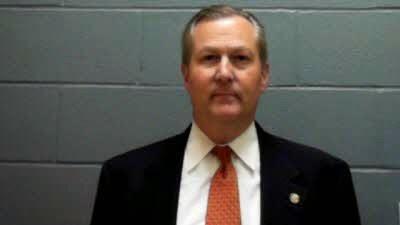
Rob Riley
Today marks one year since I was beaten inside my own home, Maced in the face, dragged out of my home, dumped in the backseat of a squad car, and incarcerated in an Alabama jail for five months--all because I write this blog about judicial and political wrongdoing, in a state that ranks No. 6 for corruption, according to a recent survey.Ironically, the first anniversary of my arrest comes during the same week that House Speaker Mike Hubbard (R-Auburn), a prominent member of the Riley Political Machine, was arrested on corruption charges. According to published reports, the Riley Machine could be dismantled when the Lee County criminal probe and its aftermath are completed.
According to the indictment against Hubbard, former Governor Bob Riley and his daughter, Minda Riley Campbell, are among a number of prominent political and business figures to cut apparently corrupt deals that allowed Hubbard to use his public office for personal gain. Published reports have shown that Rob Riley, the former governor's son, was involved with Hubbard in funneling $100,000 in Poarch Creek Indian gaming money to Citizens for a Better Alabama, a group supposedly opposed to gaming.
Where's the irony? Rob Riley clearly orchestrated my arrest, and now we know that one of his closest allies, Mike Hubbard, faces 23 counts of criminally abusing the public trust.
My arrest and incarceration, which analysts from both the left and right have said runs contrary to more than 200 years of First Amendment law, grew from a defamation lawsuit that Rob Riley filed against me. It caused me to be the only journalist in the western hemisphere to be incarcerated in 2013. God only knows how many years it's been since a journalist has been arrested under similar circumstances in the United States. I'm doubtful that it ever has happened before.
As we showed in a recent post, Riley's lawsuit bore no resemblance to a standard defamation lawsuit, for at least three major reasons:

Mike Hubbard's mugshot
* Riley sought both a temporary restraining order and a preliminary injunction, but a foundational U.S. Supreme Court decision from 1931 says both represent unlawful prior restraints under the First Amendment. A 2012 case from Virginia drives home the same point.* Riley did not seek a trial, but U.S. Supreme Court precedent holds defamation only can be found after a full adjudication on the merits. A 2007 California case spells out that principle in considerable detail.
* Riley did not seek a jury to hear his case, but longstanding law holds that defamation and other First Amendment matters must be heard by a jury. Otherwise, a single judge could impose censorship without a full hearing on the matter.
If Rob Riley's lawsuit was not about defamation, what was it about? I would suggest it was about intimidation of an online journalist the Riley Machine could not control. In the process, Team Riley engaged in gross civil wrongs and might well have stepped into criminal territory.
What specifically drove Rob Riley to file his lawsuit, and what was the real motivation behind it?
We will be addressing those questions, and more, in upcoming posts.
